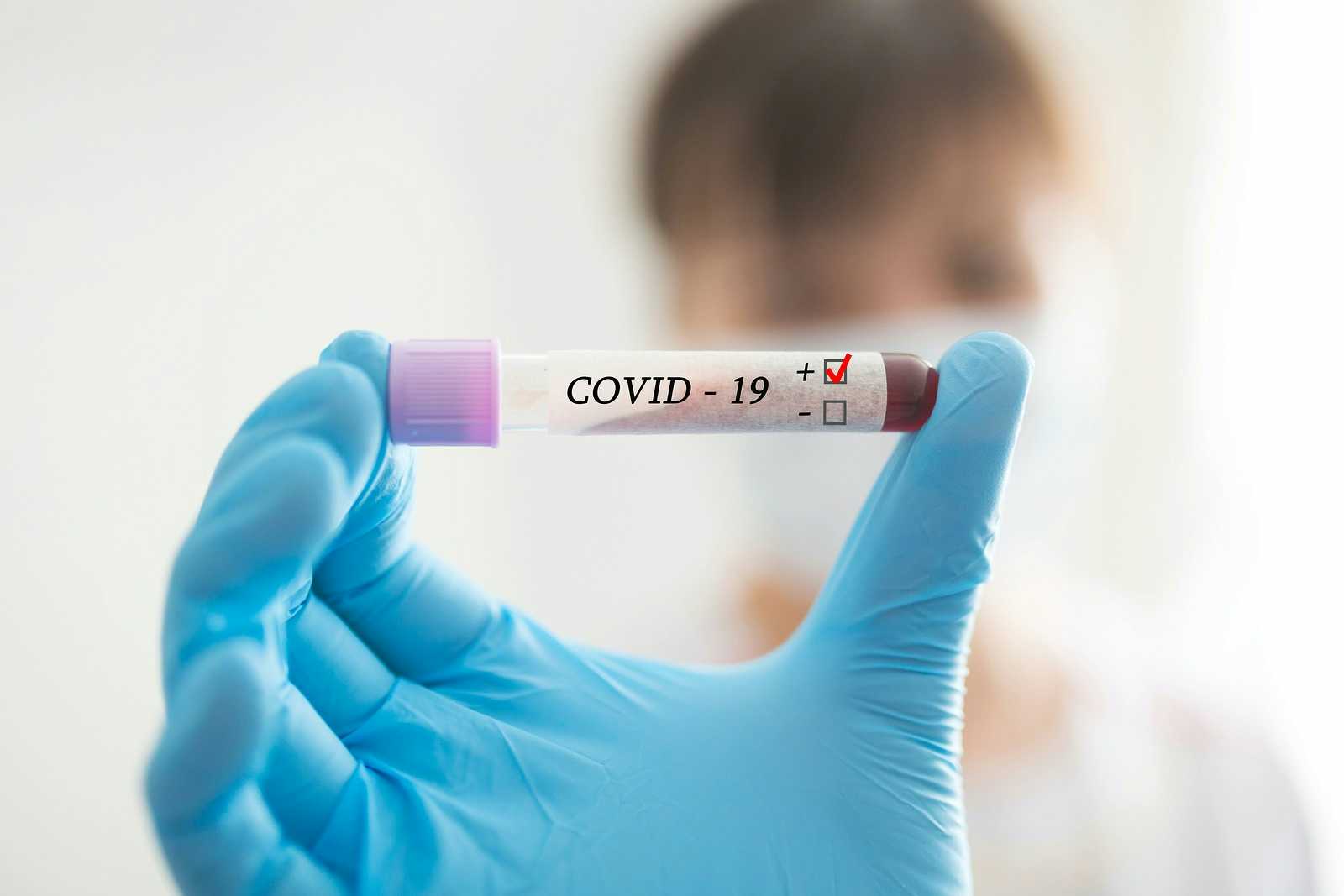
COVID-19 cases have been dropping for the past few weeks. Don’t count on the roller-coaster of infection going ever lower, though. Experts are concerned about the impact of variants of the SARS-CoV-2 virus on the future of the pandemic. That’s partly because variant B.1.1.7, first discovered in the UK, is more easily transmitted and is spreading widely. Then there is the variant 501Y.V2. It appeared first in South Africa but has spread to other countries, including the US. This particular version of the virus carries a mutation of its spike protein that seems to make it less susceptible to immunization. However, public health authorities are also worried about homegrown variants of the SARS-CoV-2 virus. Previously, they recognized several and named them after birds. Now there are some new ones causing trouble.
Where Have Homegrown Variants Been Identified?
A California Variant Is Spreading:
An infectious disease expert anticipates that a new California variant known as CAL.20C will soon dominate in the Golden State. Researchers watching for B.1.1.7 and 501Y.V2 identified this new version (JAMA, Feb. 11, 2021). The scientists have detected it in samples from 19 states, Washington, DC, and several other countries. This homegrown variant has five mutations.
People infected with CAL.20C have higher viral loads, so they are more contagious. This version of the coronavirus infects human cells more easily and appears to be more resistant to the antibodies generated by previous infections or vaccines.
Alarms from New York:
Researchers at Columbia University have identified a homegrown variant in their own backyard, New York City. At the same time, scientists at CalTech have also taken a close look at this variant, named B.1.526 (BioRxiv, Feb. 23, 2021). The Columbia investigators have documented an alarming rise in prevalence to 12.3% over the past few weeks (MedRxiv, Feb. 25, 2021).
They observe
“its unique set of spike mutations may also pose an antigenic challenge for current interventions.”
Although it’s unclear how these homegrown variants will evolve, their presence means that Americans cannot let down their guards. Following CDC guidelines to prevent infection is still essential.
Citations
- Zhang W et al, "Emergence of a novel SARS-CoV-2 variant in Southern California." JAMA, Feb. 11, 2021. doi:10.1001/jama.2021.1612
- West AP Jr et al, "SARS-CoV-2 lineage B.1.526 emerging in the New York region detected by software utility created to query the spike mutational landscape." BioRxiv, Feb. 23, 2021.
- Annavajhala MK et al, "A novel SARS-CoV-2 variant of concern, B.1.526, identified in New York." MedRxiv, Feb. 25, 2021.

